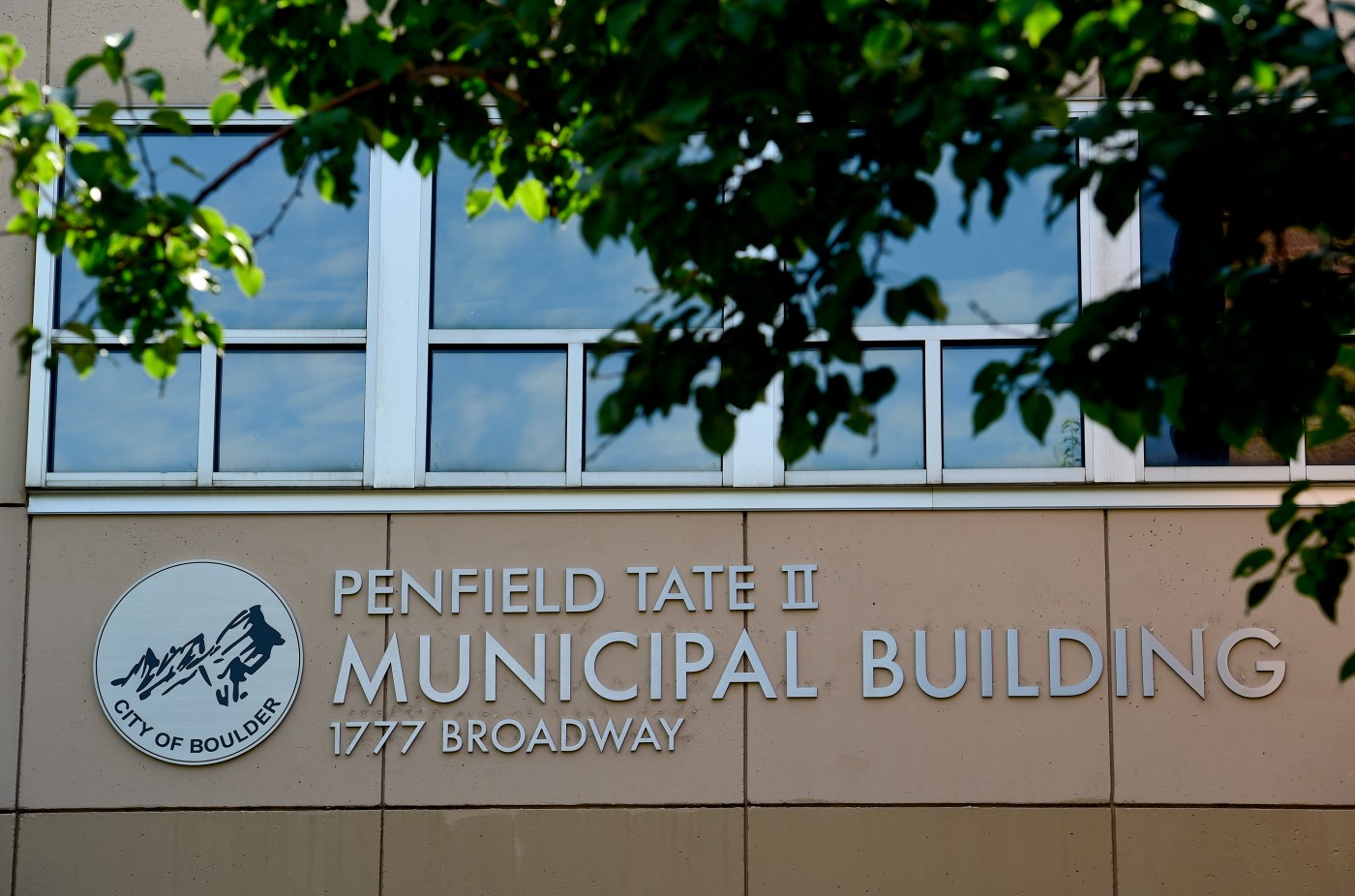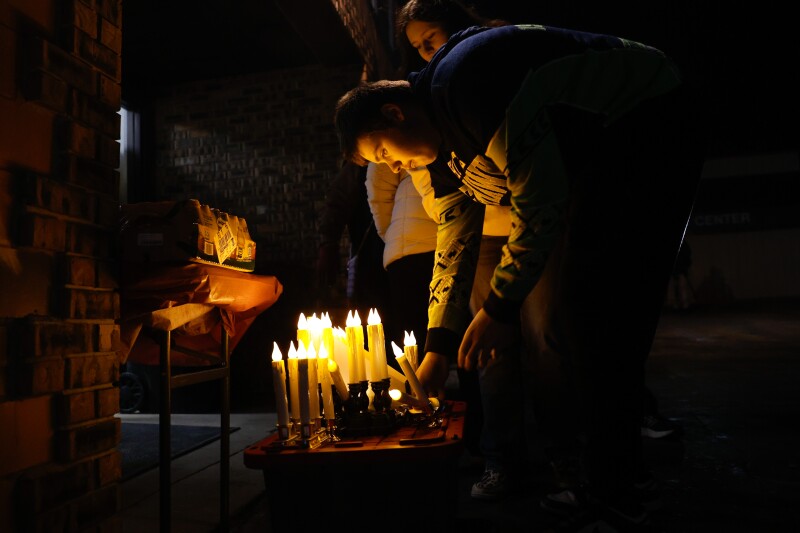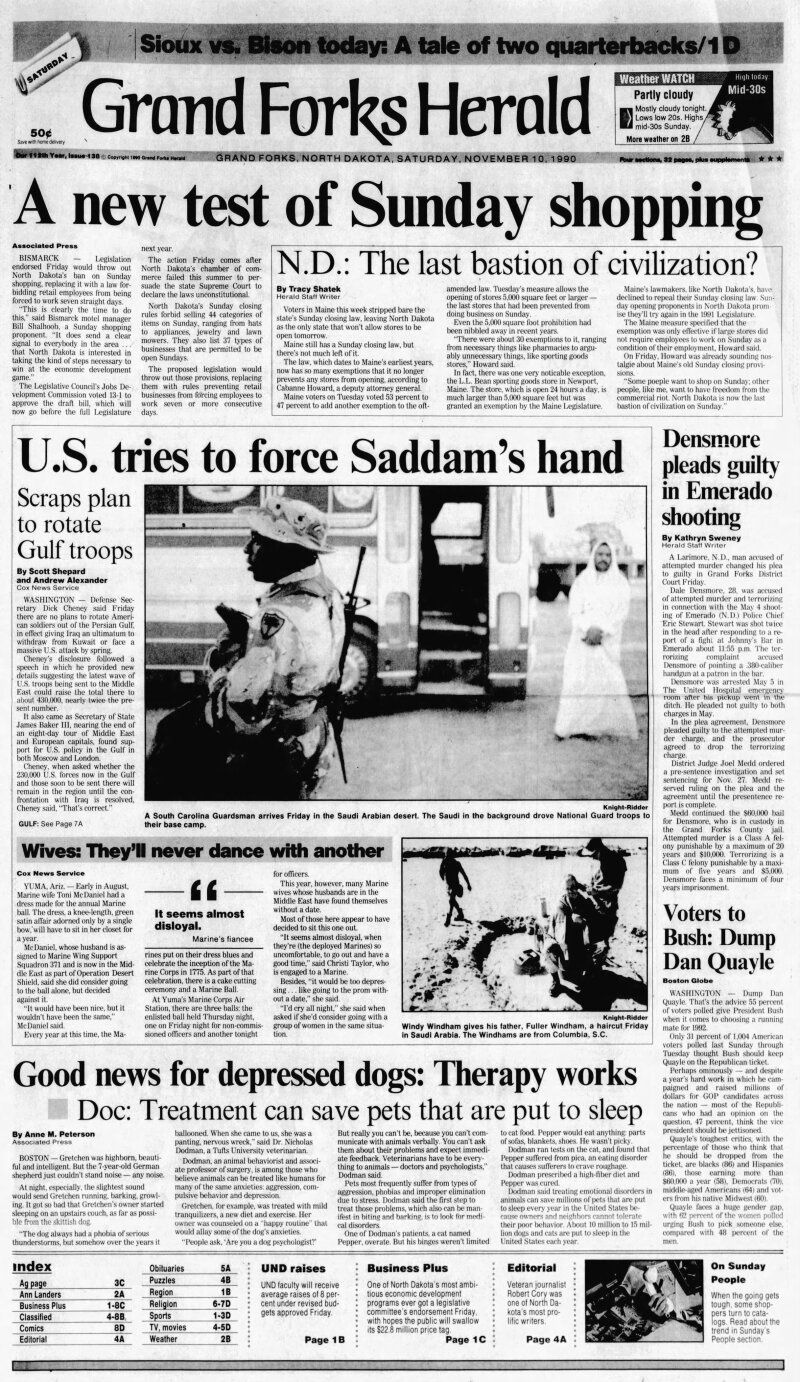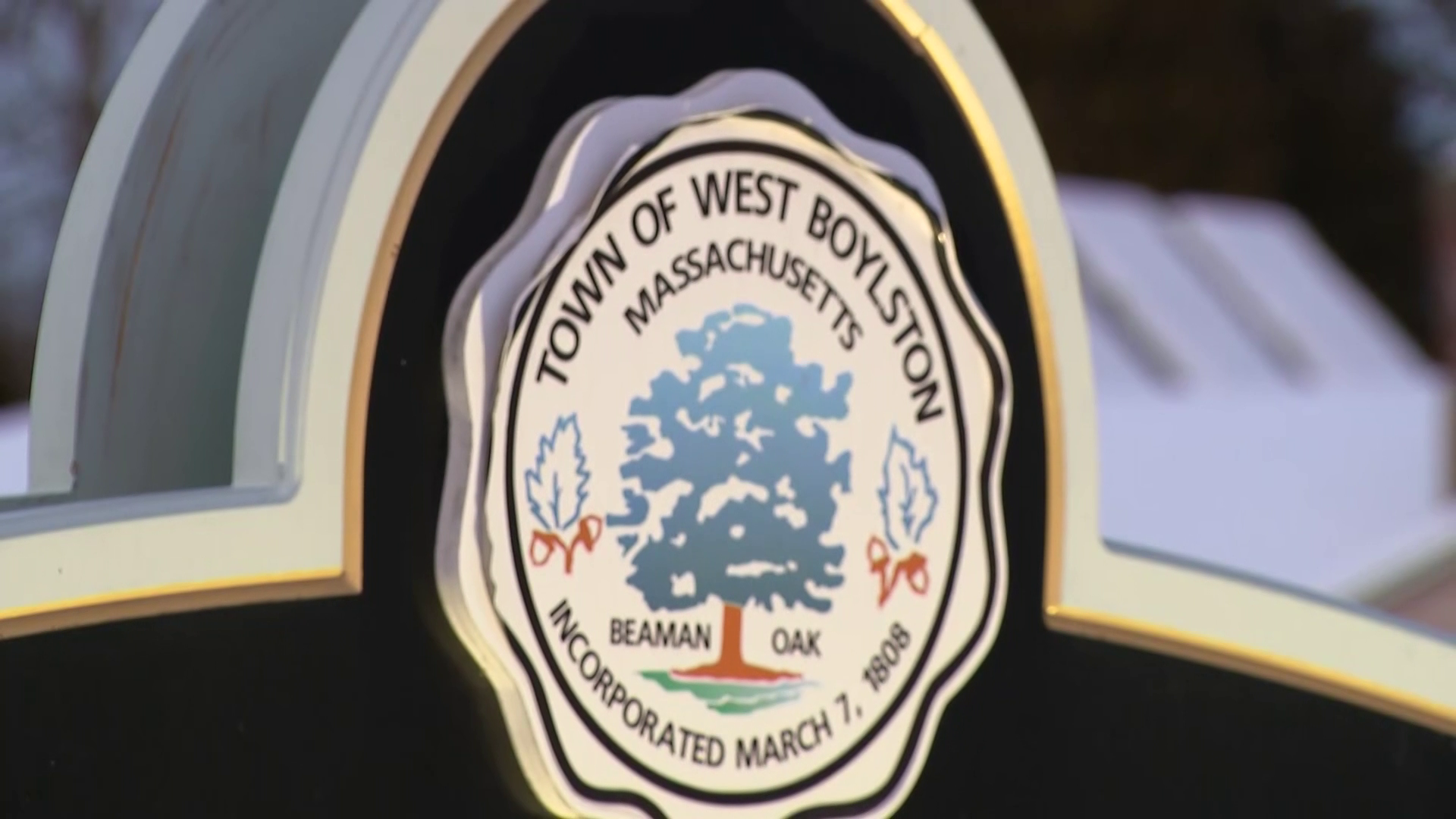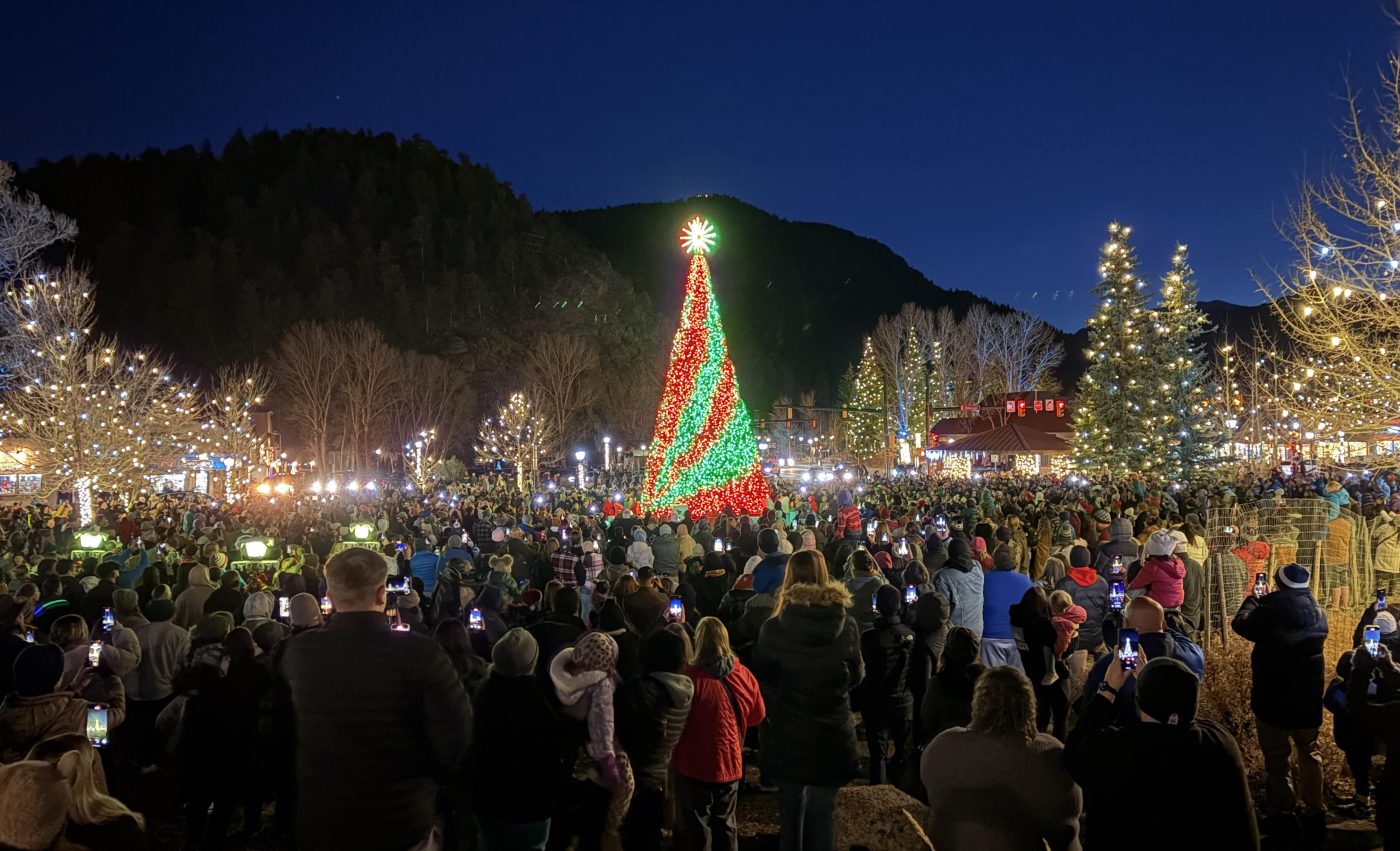UPDATE: Boulder City Council candidates are calling for urgent reform of the city’s complex land-use code, following revelations that the signage regulations alone span a staggering 17 pages. With elections just days away on July 11, 2023, the candidates are emphasizing that the convoluted rules create a hostile environment for local businesses and developers.
At the heart of the discussion is Title 9, which governs structural development in Boulder. Incumbent candidate Lauren Folkerts described the regulations as a “conglomeration” of reactive policies that have left many businesses struggling to navigate the permitting process. “This is just a lot of regulation around something every business needs,” Folkerts stated, highlighting the need for a streamlined system.
The urgency is palpable among candidates vying for four open seats on the council. Many view reworking Title 9 as essential not only for revitalizing commercial spaces but also for addressing Boulder’s persistent housing shortage. Candidate Rob Smoke advocates for allowing property owners greater autonomy over occupancy limits, while Nicole Speer argues that the city lacks the capacity to tackle Title 9 until the Boulder Valley Comprehensive Plan is updated.
As candidates discuss potential reforms, Rob Kaplan suggests the introduction of dedicated case managers to improve customer service for developers. “People need clarity and next steps,” he said. Meanwhile, Aaron Stone has voiced the importance of consulting with developers to identify necessary changes.
The candidates align on the view that the current land-use code is too restrictive. Max Lord, a small business owner, likened Title 9 to a “Jackson Pollock painting” due to its disorganized structure, complicating efforts to fill vacant commercial spaces. “If you want to turn an office into a woodshop, the city might penalize you for trying to bypass the permit process,” he explained.
The lengthy process for obtaining permits has raised alarms. Folkerts estimated that navigating the use review can take up to six months, during which business owners incur costs for counsel and other permits. “This makes the process slow, expensive, and unpredictable for even simple projects,” she added.
The discussion around reform gained traction after controversies, such as the opening of Voodoo Doughnuts in Boulder, where the city’s code restricted the iconic pink color of its storefront. Candidate Jenny Robins emphasized the need to modernize the code, making it more user-friendly for residents and small businesses. “Boulder’s is the most complicated I’ve ever seen,” she remarked.
The candidates are also addressing the need for more “missing middle” housing options, such as duplexes and triplexes, which could alleviate the city’s housing crisis. Folkerts suggested reviewing regulations that currently hinder such developments, while Lord contended that office space demand is unlikely to return to pre-COVID levels, making it crucial to ease restrictions on converting commercial properties into residential units.
Looking ahead, the City Council is expected to prioritize Title 9 reform and direct city staff to recommend changes. This could be a lengthy process, as candidates like Robins propose involving outside consultants to expedite permit processing. “This could lower costs for the city and speed up approvals,” she noted.
As the election approaches, the candidates’ unified call for reform underscores a critical moment for Boulder’s future. The outcome of this election could reshape the landscape for local businesses and residents alike, as they await changes that may take years to implement.
Stay tuned for more updates as Boulder’s City Council race unfolds and the urgency for reform intensifies.

